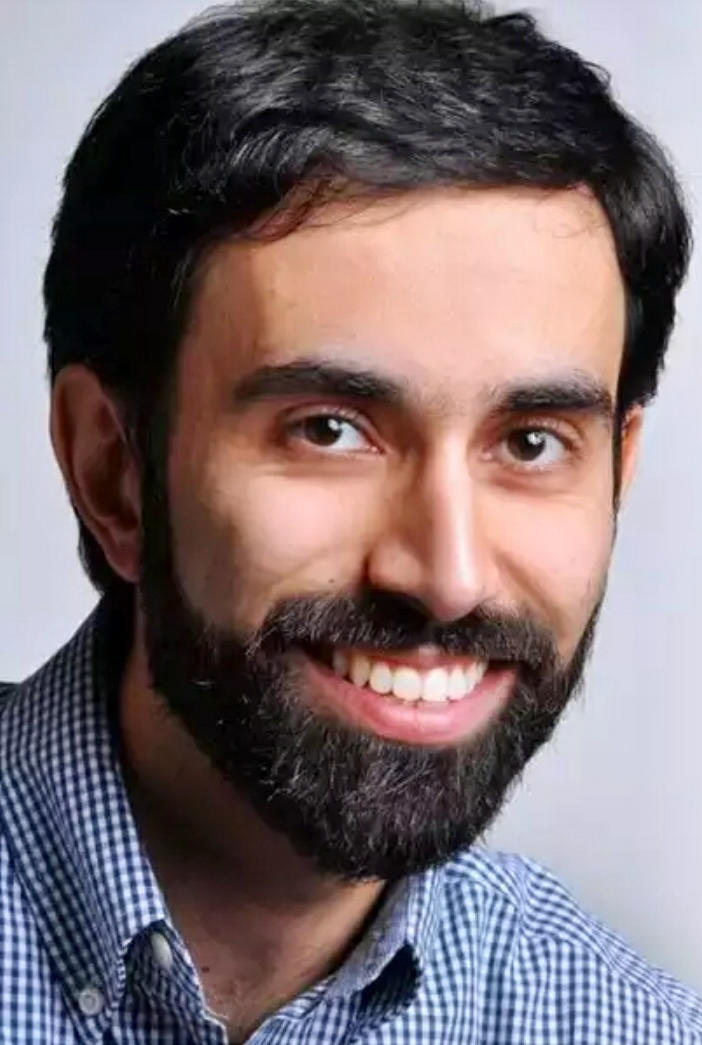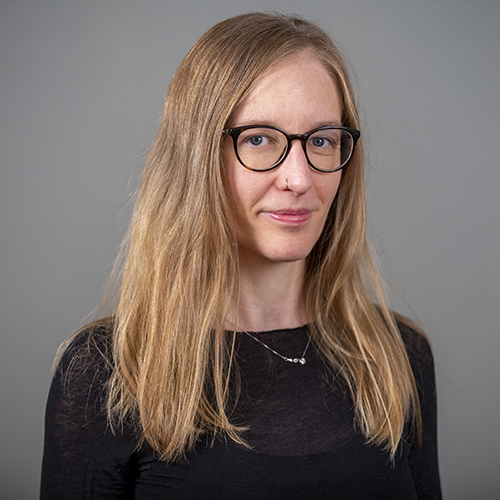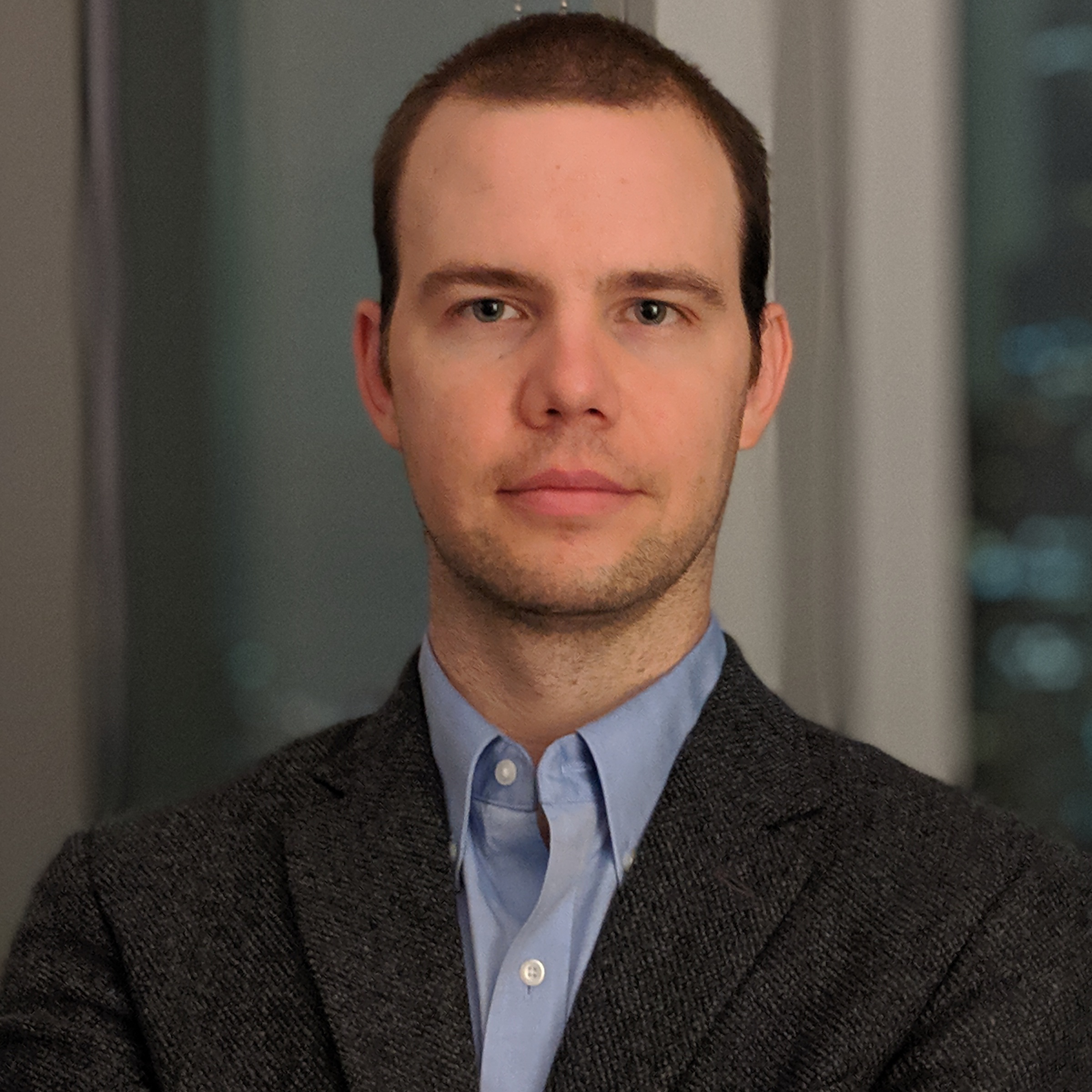
Dr. Sanaei is an Associate Instructional Professor in the Masters in Computational Social Science program. He is a political scientist with a substantive interest in foreign policy and public opinion. His methodological interests include formal models, causal inference, Bayesian statistics, and applications of machine learning.
One line of his research is on the domestic politics of asymmetric wars. These wars—which encompass most of the military engagements of the developed countries since the end of the Cold War—are characterized by a considerable imbalance of power between the two sides, such that if the strong side in any asymmetric war were fully committed to the war effort, it would have virtually assured victory. The issues that are at stake in these wars, however, are often not issues of great national interest to the strong side. Accordingly, domestic politics can have a pronounced effect in whether or not these wars are fought, how they are fought, and for how long they are fought.
He also has an overarching interest in public opinion in the Middle East. Over the past few years, he has led multiple waves of public opinion surveys and has dedicated much of his research to advancing our understanding of the politics of the Middle East. A key focus of this research is developing new methods to for measuring ideological positions.

Schedule an office hours appointment.
Dr. Nardin is an Assistant Instructional Professor in the Masters in Computational Social Science program. She is a sociologist focusing on cultural and political processes. Her work merges computational methods, such as social network analysis and natural language processing, with qualitative approaches and historical research. In MACSS, Sabrina teaches courses in social network analysis, introductory programming, and research methods.

Schedule an office hours appointment.
Dr. Clindaniel is an Assistant Senior Instructional Professor in the Masters in Computational Social Science program and a computational anthropologist. His research broadly focuses on the ways in which computational strategies can be used to study material culture at scale.
For instance, large amounts of archaeological data have been digitized and it has become increasingly necessary to employ computational methods to grapple with the digital form of these material artifacts, as well as develop theoretical frameworks for interpreting their digital facsimiles. This is the focus of one line of Dr. Clindaniel’s research — deciphering the undeciphered Inka khipu writing system via a combination of traditional archaeological excavation and large-scale, computational synthesis of digitized archaeological records.
Dr. Clindaniel is also working to extend traditional archaeological theory and methods to better understand digital forms of contemporary material culture – i.e. the archaeology of large digital trace data (“Big Data”). For instance, in a recent study, he examined the material characteristics of facemask production during the early months of the COVID-19 pandemic in the Etsy digital marketplace and studied the ways in which facemask materiality was politicized over time.
This interest in large-scale investigations of digital material culture informs several of the courses he teaches at the University, such as MACS 20400/40400 "Computation and the Identification of Cultural Patterns," where among other things, students learn to use computational methods to investigate the coproduction of material culture (e.g. fashion and food) and its digital manifestation in digital marketplaces and on social media. He also teaches the third courses in the MACSS computing sequences (MACS 30113 “Big Data and High Performance Computing for Social Scientists” and MACS 30123 “Large-Scale Computing for the Social Sciences”), which teach students strategies for grappling with Big Data and performing large-scale computation in the AWS Cloud and on-premise computing clusters.